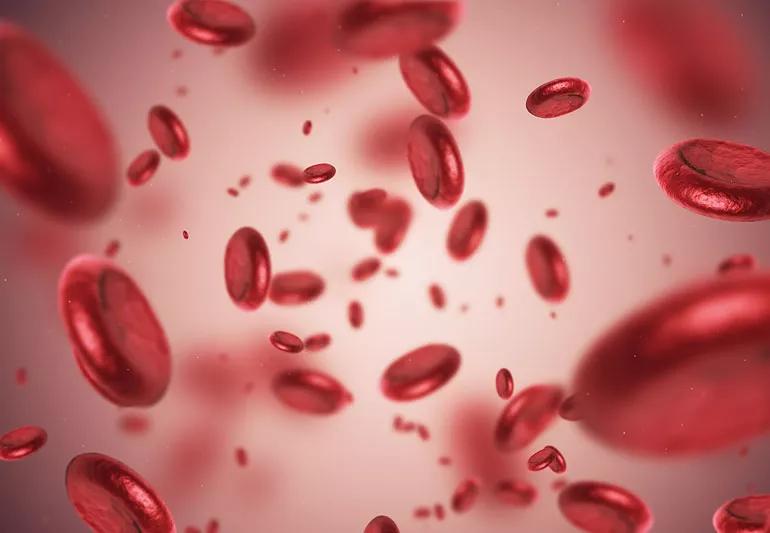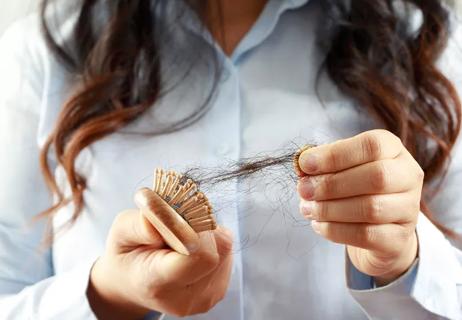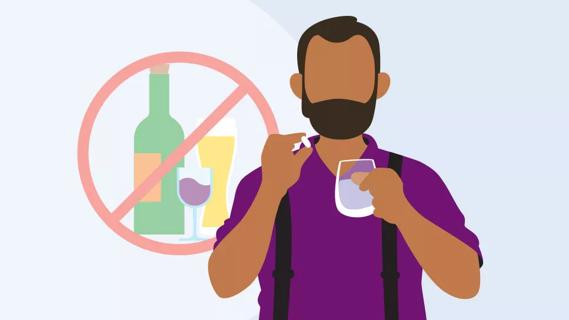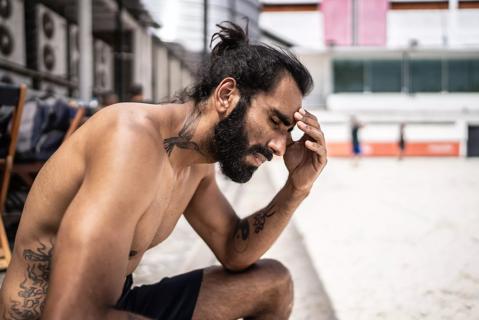Causes, symptoms and treatments

You often wake up tired, even after a good night’s sleep. You’re always feeling cold, and reaching for a sweater, regardless of the temperature. If these statements are true, mention it to your doctor. Constant chills and fatigue may mean you are low on iron.
Cleveland Clinic is a non-profit academic medical center. Advertising on our site helps support our mission. We do not endorse non-Cleveland Clinic products or services. Policy
“Causes of an iron deficiency can range from poor diet to a serious illness,” says family medicine physician David Brill, DO. “Other factors to consider are your age, gender and medical history.”
Your body uses iron, a mineral, to make hemoglobin. This helps your blood carry oxygen throughout the body. If you aren’t getting enough iron, this can limit oxygen flow and anemia may develop.
If you show up at the doctor’s office looking pale, especially around the eyes, and complaining of constant chills and exhaustion, your doctor is likely to test for iron deficiency. Other symptoms include bruising, dry skin and a bloated feeling.
Women. “By far, women are more at risk of iron deficiency, which can start with the onset of menstrual cycles,” Dr. Brill says. Women also are at a greater risk of auto immune disorders and hypothyroidism, which may cause anemia. Pregnant people may need iron supplements, as well as babies who are solely breast-fed after six months.
Older adults. As you age, your appetite typically decreases. Your more meager meals may lack good sources of iron.
Those taking certain medicines. Medicines and treatments that can rob the body of iron include: blood thinners, such as aspirin or prescription medicine, such as Coumadin® (Warfarin). Chemotherapy and other cancer-targeted therapies can also strip away iron.
Those with a chronic illness. Illnesses that cause blood loss, such as ulcers and colon cancer, are sometimes the underlying cause of an iron deficiency.
Blood tests can identify an iron deficiency, but that’s only part of the evaluation during an office visit. Those with mild symptoms may discover they are anemic during an annual checkup.
“We always listen to what the patient is telling us,” Dr. Brill says. “A good history and physical are tools that no amount of technology can beat.”
Lab tests then confirm the diagnosis. “I would recommend annual lab screenings so we have a trail to look back on if there is a change,” he says.
Your doctor first will determine what is causing your anemia. Treatment will then focus on both the iron deficiency and the underlying cause. If your diet is the culprit, Dr. Brill offers several tips for improving your iron intake.
“An especially good source is quinoa — one serving has 5 mg or about 1/3 of your daily needs,” he says.
Other good sources include:
Your doctor also may recommend an iron supplement available without a prescription.
“There are pros and cons for every type of treatment,” Dr. Brill says. “We take into account the cause and the severity of the anemia. If the severity is life-threatening, we can do a blood transfusion. This, however, is not the answer for everyone.”
Learn more about our editorial process.

A lack of energy, a sore or swollen tongue and eating non-food items are signs of a deficiency

Treatments like chemotherapy and radiation can cause your red blood cell levels to decrease

Iron plays a vital role in hair growth and health

A Q&A to help you fight exhaustion and get more sleep

Poisons are inhaled, ingested or absorbed by your skin, while venoms are delivered by bites and stings

Even a little alcohol can slow your recovery, so it’s best to wait until after you finish your antibiotics before imbibing

Your body works overtime to keep you cool on hot summer days, bringing on sun fatigue

Bleeding is a risk and warrants taking care, but the reward of this lifesaving medication is great

Your metabolism may torch 1,300 to 2,000 calories daily with no activity

A gentle touch in all the right places may help drain your sinuses